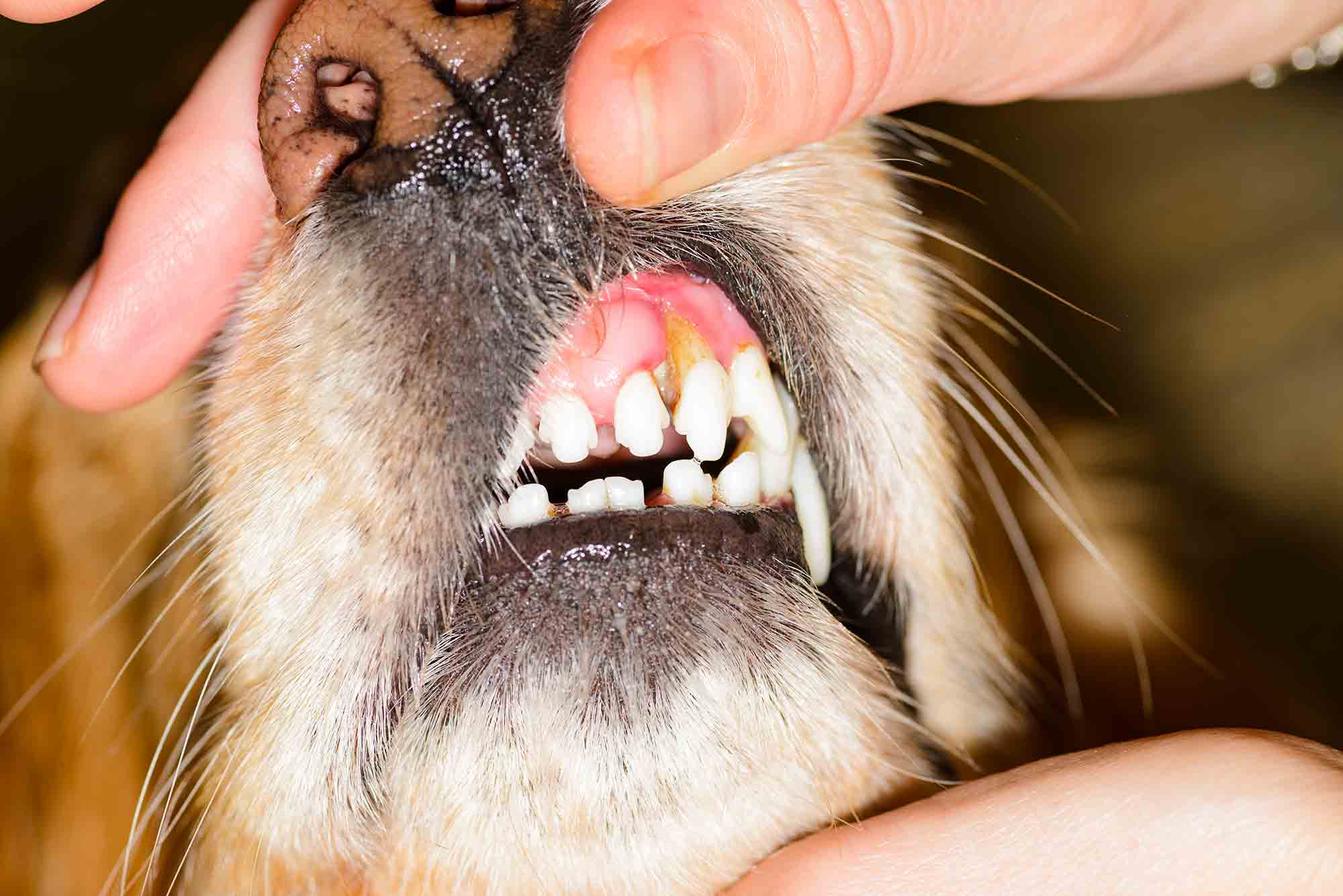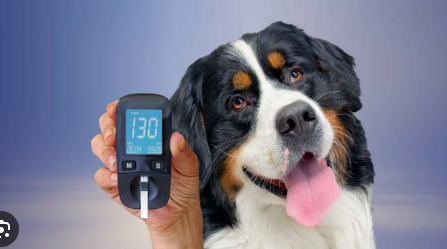Last Updated on June 25, 2024 by Dog Lover
10 Common Health Issues in Dogs and How to Prevent Them
Dogs bring joy, companionship, and unconditional love into our lives. However, like humans, they are susceptible to various health issues.
Understanding these common health problems and knowing how to prevent them can ensure a longer, healthier life for your furry friend. Let’s dive into the most prevalent health issues in dogs and how you can keep your pup in tip-top shape.

1. Obesity
Understanding Canine Obesity
Obesity in dogs is a growing concern, mirroring trends in human populations. An overweight dog is at higher risk for numerous health problems, including diabetes, arthritis, and heart disease.
Prevention Tips
- Balanced Diet: Feed your dog a balanced diet appropriate for their breed, age, and activity level. Avoid overfeeding and limit treats.
- Regular Exercise: Ensure your dog gets regular exercise. Daily walks, playtime, and activities that stimulate both mind and body can help maintain a healthy weight.
- Regular Check-ups: Regular veterinary check-ups can help monitor your dog’s weight and overall health.

2. Dental Disease
The Importance of Dental Health
Dental disease is one of the most common health issues in dogs, affecting up to 80% of dogs over the age of three. Poor dental hygiene can lead to painful infections, tooth loss, and even systemic issues affecting the heart and kidneys.
Prevention Tips
- Regular Brushing: Brush your dog’s teeth regularly with a dog-specific toothpaste.
- Dental Chews and Toys: Provide dental chews and toys designed to reduce plaque and tartar.
- Professional Cleanings: Schedule regular professional dental cleanings with your vet.

3. Ear Infections
Common Causes
Ear infections are particularly common in breeds with floppy ears, like Cocker Spaniels and Basset Hounds. They can be caused by bacteria, yeast, allergies, or ear mites.
Prevention Tips
- Regular Cleaning: Clean your dog’s ears regularly with a vet-approved ear cleaner.
- Dry Ears: Ensure your dog’s ears are dry after baths and swimming to prevent infections.
- Monitor for Allergies: Be vigilant about potential allergens that could contribute to ear infections.
4. Skin Allergies
Recognizing Skin Allergies
Skin allergies in dogs can manifest as itching, redness, and irritation. Common allergens include certain foods, environmental factors like pollen, and flea bites.
Prevention Tips
- Identify Triggers: Work with your vet to identify and avoid potential allergens.
- Regular Baths: Bathe your dog regularly with hypoallergenic shampoo.
- Flea Control: Use effective flea control methods year-round.

5. Arthritis and Joint Problems
Understanding Arthritis
Arthritis and other joint problems are common in older dogs and certain breeds. This condition can cause pain, stiffness, and difficulty moving.
Prevention Tips
- Healthy Weight: Maintain a healthy weight to reduce stress on joints.
- Supplements: Consider joint supplements like glucosamine and chondroitin.
- Regular Exercise: Keep your dog active to promote joint health, but avoid high-impact activities that could cause injury.

6. Parasites
Common Parasites
Dogs can be affected by a variety of parasites, including fleas, ticks, and worms. These pests can cause serious health issues if not properly managed.
Prevention Tips
- Regular Preventatives: Use vet-recommended flea, tick, and worm preventatives.
- Regular Check-ups: Have your vet check for parasites during regular visits.
- Clean Environment: Keep your dog’s living area clean and free from pests.

7. Heart Disease
Types of Heart Disease
Heart disease is common in dogs, especially in older dogs and certain breeds. It can be congenital or develop over time due to factors like obesity or infections.
Prevention Tips
- Healthy Diet: Feed a heart-healthy diet rich in essential nutrients.
- Regular Exercise: Ensure your dog gets regular, moderate exercise.
- Routine Vet Visits: Regular veterinary check-ups can help catch heart disease early.

8. Diabetes
Understanding Canine Diabetes
Diabetes is a chronic condition that affects how your dog’s body regulates blood sugar. Symptoms can include excessive thirst, frequent urination, and weight loss.
Prevention Tips
- Healthy Weight: Maintain a healthy weight through diet and exercise.
- Balanced Diet: Feed a balanced diet low in sugar and high in fiber.
- Regular Check-ups: Regular vet visits can help monitor your dog’s health and catch diabetes early.
9. Respiratory Issues
Common Respiratory Problems
Dogs can suffer from various respiratory issues, such as kennel cough, bronchitis, and pneumonia. Certain breeds with short noses, like Bulldogs and Pugs, are more prone to these problems.
Prevention Tips
- Vaccinations: Keep up with vaccinations to prevent respiratory infections.
- Avoid Irritants: Keep your dog away from smoke and other respiratory irritants.
- Regular Check-ups: Regular veterinary visits can help catch and treat respiratory issues early.

10. Kidney Disease
Understanding Kidney Disease
Kidney disease can be acute or chronic and is more common in older dogs. Symptoms include excessive thirst, frequent urination, and lethargy.
Prevention Tips
- Healthy Diet: Feed a diet formulated for kidney health, especially for senior dogs.
- Hydration: Ensure your dog always has access to fresh water.
- Regular Vet Visits: Regular check-ups can help monitor kidney function and catch issues early.
Conclusion
Keeping your dog healthy requires a proactive approach, including regular veterinary care, a balanced diet, and a healthy lifestyle.
By being aware of these common health issues and taking steps to prevent them, you can help ensure your dog lives a long, happy, and healthy life.
FAQs
How often should I take my dog to the vet?
It’s recommended to take your dog for a check-up at least once a year. Puppies and senior dogs may need more frequent visits.
What are the signs of an allergic reaction in dogs?
Signs include itching, redness, swelling, and gastrointestinal issues. If you notice any of these symptoms, consult your vet.
How can I keep my dog’s teeth clean?
Regular brushing with dog-specific toothpaste, dental chews, and professional cleanings can help keep your dog’s teeth clean.
What is the best way to prevent fleas and ticks?
Use vet-recommended flea and tick preventatives year-round and keep your dog’s environment clean.
Can dogs get diabetes?
Yes, dogs can get diabetes. Symptoms include excessive thirst, frequent urination, and weight loss. Regular vet check-ups can help manage this condition.
What should I do if my dog is overweight?
Consult your vet for a weight management plan, which may include a balanced diet and regular exercise.
Are certain breeds more prone to health issues?
Yes, some breeds are more prone to specific health issues. Research your dog’s breed to understand their specific health risks and how to manage them.
References
- American Kennel Club. (n.d.). Common Dog Health Problems and Solutions
- ASPCA. (n.d.). Dog Care
- Veterinary Partner. (n.d.). Canine Health Topics
By focusing on preventive care and regular veterinary visits, you can help your dog avoid many common health issues and enjoy a healthier, happier life.

















